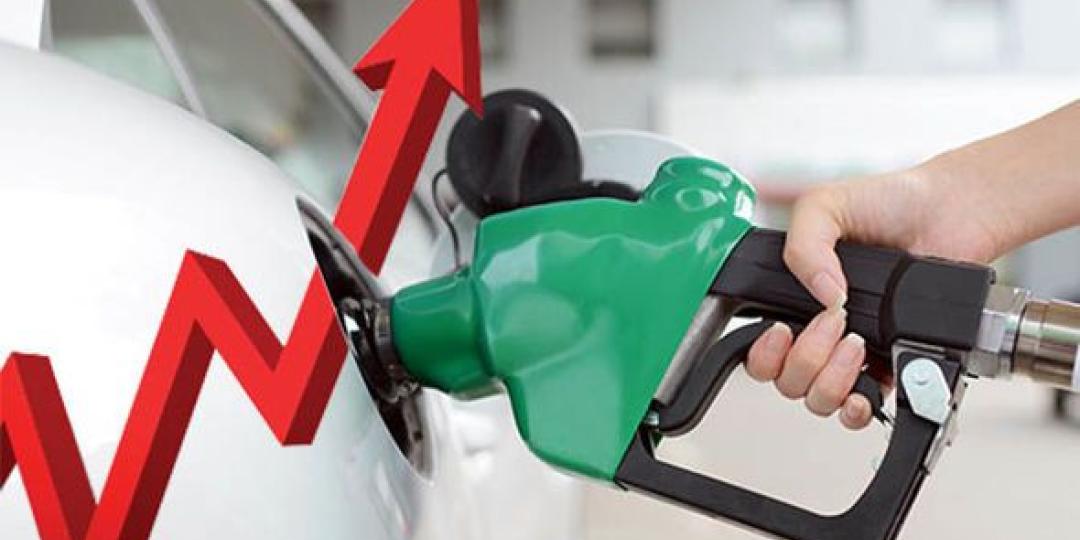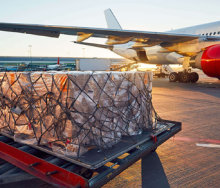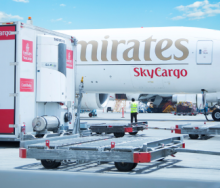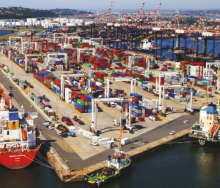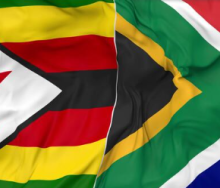Motorists and logistics firms must brace for fuel price hikes across the board in February, the latest data released by the Central Energy Fund (CEF) shows.
An increase of around 52 cents a litre for 95 ULP petrol, around 57c/l for ULP93 petrol, and between 22c/l and 33c/l for diesel is expected. The price of illuminating paraffin will go up by around 38c/l.
Commenting on the increase in prices, the Automobile Association (AA) said the latest price increases would put further financial strain on already cash-strapped South Africans.
“The data is showing that price increases to international petroleum products are the main driver behind this expected increase in local fuel prices, while the strength of the rand against the US dollar is limiting these increases by between 10 cents and 14 cents on all fuels,” the AA said.
“Any increases to fuel prices now, at a time when South Africans are grappling with, among other issues, financial pressures and rolling blackouts, is unwelcome. We again want to urge the government to revisit the fuel pricing structure with a view to finding ways to mitigate against this and other possible increases in future.”
Minister of Finance Enoch Godongwana will deliver his Budget Speech in Parliament in mid-February, but if he announces any adjustments to the pricing structure these will only come into effect in April, at the same time as proposed electricity price adjustments are implemented.
“Last year, the minister heeded calls by the AA not to increase the two main levies attached to the petrol and diesel prices: the General Fuel Levy and the Road Accident Fund levy. We again urge the minister to follow this same route when he delivers his Budget Speech this year and to consider the implications of increasing these taxes on all South Africans,” the AA said.
“Consumers can simply not afford any more price shocks - and considering the impending 18.65% increase in electricity rates, an increase to the levies will deal a massive blow to personal finances. The association calls on the minister to consider the consequences of all increases, and the impact these will have on the prices of goods and services.”
The organisation added that consumers were “extremely embattled” and increases in the two fuel levies would be counter-productive, ill-timed, and have “disastrous outcomes for millions of people already struggling to make ends meet”.
